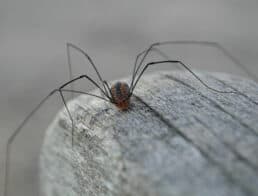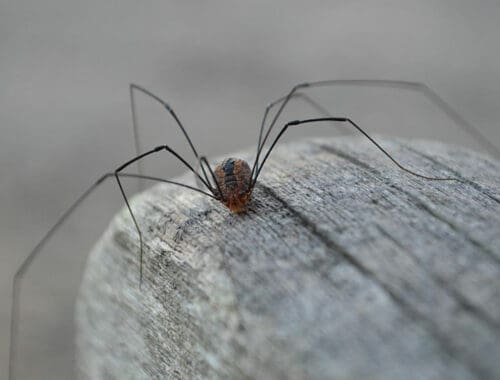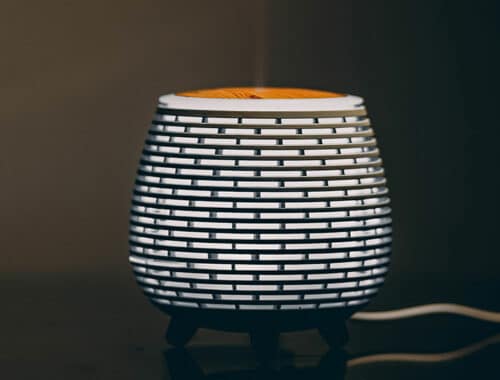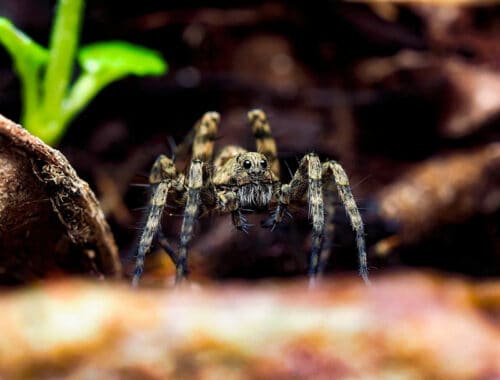The Whippet is a beautiful medium-sized dog breed with an affectionate and playful temperament. While Whippets make wonderful pets and companions, they’re not hypoallergenic. They have a single coat that sheds seasonally.
You can do some things to minimize the possibility of allergic reactions if you have a minor dog allergy, but not all people can live with Whippets. So, before you consider bringing home a Whippet, make sure to do your research and consult with healthcare professionals to determine if living with one is a reasonable possibility.
Causes for Dog Allergies
The leading cause of allergic reactions to dogs is when people come into contact with their dander, urine, and saliva. Hair length, coat type, and shedding frequency aren’t the main reasons for people experiencing allergic reactions. However, it’s possible that dogs that shed more can spread more dander because the dander can cling to loose hair.
Therefore, a Whippet may shed less compared to its double-coated counterparts, but it can still spread pet dander, especially if it struggles to maintain healthy skin and coat. Whippets are prone to several health conditions that may trigger allergic reactions.
This dog breed is prone to atopy, especially around their feet, ears, and underside. Atopy can cause irritated, dry skin. This can cause dogs’ skin to flake, and dogs can end up licking sore spots excessively. So, atopy increases the chances of coming into contact with dander and saliva.
Whippets are also prone to hair loss as they age. While the hair loss doesn’t cause itchiness, it can make the dog’s skin dry out more quickly and increase dander.
Hypothyroidism is another common health concern for older Whippets. Symptoms of hypothyroidism can include dry skin and coat, hair loss, and the development of skin diseases.

Is It Possible for Allergy Sufferers To Live With a Whippet?
While there are dog breeds that are more suitable for allergy sufferers, there’s a chance that allergy sufferers can still live with a Whippet. It’ll just take a lot more work.
Grooming
Because Whippets are prone to dry skin and coat, establishing a proper grooming routine is imperative, especially for dog owners with allergies. Grooming can help keep a Whippet’s coat healthy while reducing the spread of allergens throughout the home.
Regular brushing can keep dog hair from spreading around the home. A nice bristle brush can help pick up loose fur, dander, and dirt while distributing natural skin oils throughout the body. You can also use a grooming rake or deshedding tool to pick up additional loose hair, especially during shedding season.
Using dog shampoo and conditioner with a moisturizing and nourishing formula can keep a Whippet’s coat healthy. Applying paw wax and set-in conditioner can help with reducing dry skin.
Diet
If a Whippet has chronically dry skin, feeding it dog food with a healthy skin and coat formula can help immensely. Supplements, such as fish oil, can also add moisture back to the skin and condition the coat.
Lifestyle
Another thing you can do to reduce allergy symptoms around a Whippet is to create a dog-free room in your home. If you have the space, have a designated room with a door that you can keep closed to prevent dogs from entering.
Make sure to also be on top of sweeping and vacuuming your floors. Keep windows open to allow air circulation and keep dogs off furniture to reduce pet dander from sticking to the fabric.
Final Thoughts
Allergy sufferers may be able to live with Whippets, but it’s going to take a lot of extra effort and maintenance. Healthy grooming habits are essential in preventing a Whippet from developing dander and scratching and licking its skin.
Although it’s possible for allergy sufferers to live with a Whippet, there are other dog breeds that shed less and are less prone to skin issues. Regardless of dog breed, make sure to check with your doctor to ensure that it’s possible for allergy sufferers in your home to live with a Whippet or any other dog. If the stakes are too high, there are plenty of other types of pets that are more allergy-friendly and a better fit for your lifestyle.
Featured Image Credit: Shutterstock














